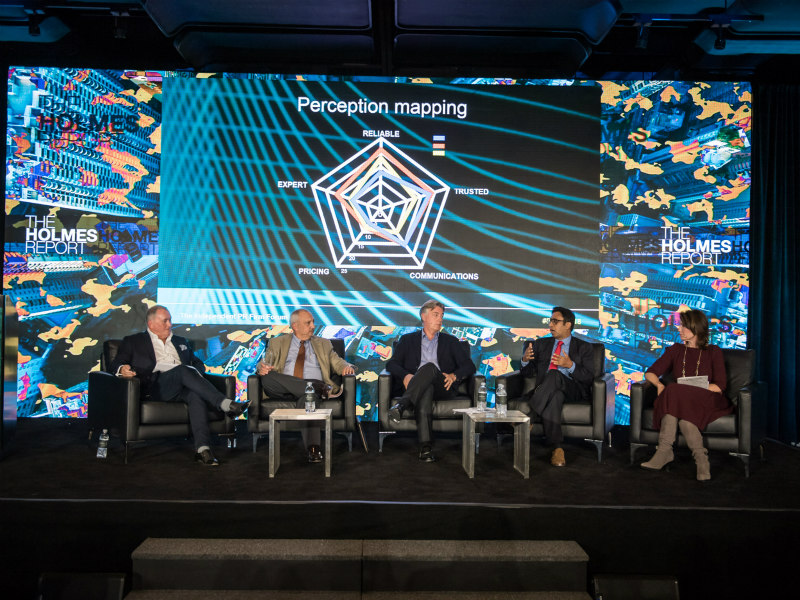Arun Sudhaman 22 Oct 2018 // 9:31PM GMT

WASHINGTON, DC — Advances in technology, in particular artificial intelligence, should not be relied upon to solve the PR industry's measurement issues, heard delegates at the PRovoke18 Global PR Summit in Washington DC today, during a session moderated by Michael Murphy.
Rockland Dutton Research partner/CEO David Rockland told the conference that AI should not be viewed as the future of measurement of PR. While it might help, it relies on human guidance, said Rockland, noting that "computers can be programmed to be racist."
"There’s optimism that technology will solve the measurement conundrum, but I don’t believe that," said Rockland. "It’s up to humans."
That means that the industry is facing up to what Brands2Life co-founder Giles Fraser described as its "Moneyball moment", given the range of ways that it can now evaluate the impact of its work.
"My feeling is there has never been a greater opportunity for us to deliver value to our clients in terms of the range of outcomes we can provide," said Fraser. "We have the potential to deliver lots of outcomes but we don't necessarily have the resources to monitor all of those. So we have to be selective. We can say we know what good looks like and we can benchmark it."
That goes as much for emerging markets as it does for mature ones, heard delegates. SPAG co-founder Aman Gupta pointed out that focusing on measurement and evaluation has helped his own firm as much as it has his clients. "We're not thinking whether the client will be with us for a year or two years, we're looking at a long term relationship so [we can] showcase to the client what value we are really bringing," said Gupta. "One of the key things that has started to emerge is whether a comms agency can bring business impact."
The focus on data, added JPA Health Communications principal Carrie Jones, brings specific opportunities when it comes to younger employees. "I think one of the opportunities is that the younger workforce loves being able to point to data as an indicator of what’s working and what isn’t," she said. "The creativity that follows is sometimes astounding."
Ultimately, though, Rockland pointed out that the industry must value the left side of the brain as much as the right. "How many people get into public relations because they are really good at math? If there’s going to be progress it’s going to be through getting a greater balance between left and right brain people."



































.jpg)

















